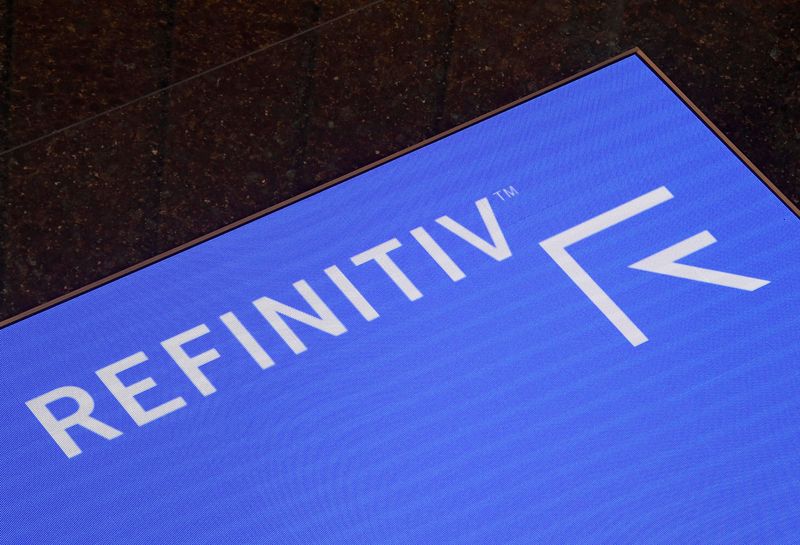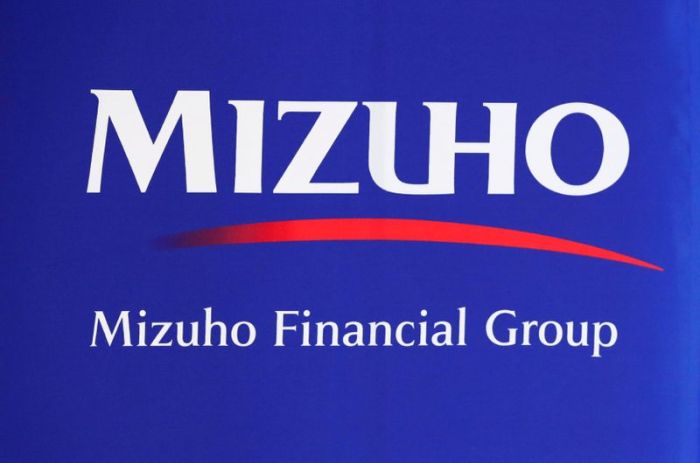BRUSSELS (Reuters) – European Union antitrust regulators on Monday warned about the possible anti-competitive effects of the London Stock Exchange’s $27 billion bid for data and analytics company Refinitiv as they launched a four-month investigation into the deal.
LSE announced the proposed acquisition last year which will broaden its trading business and make it a major distributor and creator of market data, a profitable and fast growing sector. It will also make it a rival to Bloomberg.
The European Commission said it was concerned about the combined company’s large market share in the trading of European government bonds because both LSE’s MTS trading venue and Refinitiv’s Tradeweb are already market leaders. It said a new trading rival would not gain enough clients to challenge the two trading venues.
It said another key concern was the merged entity’s market power in trading and clearing in over-the-counter interest rate derivatives used by investors and companies to hedge interest rate risks, a business where customers rarely switch to a rival.
LSE said in a statement that it continued to engage constructively with the European Commission and that it remained committed to closing the transaction in 2020.
Refinitiv declined to comment.
The Commission also cited worries about rivals in consolidated real-time datafeeds and desktop services being shut out from accessing LSE’s input data and competitors in index licensing facing the same problem.
“It is key for a well functioning financial market to ensure that market participants continue to have access to financial market infrastructure and financial data products on competitive terms,” European Competition Commissioner Margrethe Vestager said.
The European Commission will decide by Oct. 27 whether to clear the deal.
The probe was launched after the LSE declined to offer concessions during the EU’s preliminary review.
Refinitiv is 45%-owned by Thomson Reuters <TRI.TO>, which owns Reuters News.
(Reporting by Foo Yun Chee in Brussels and Huw Jones in London; Editing by Gabriela Baczynska and Edmund Blair)


























